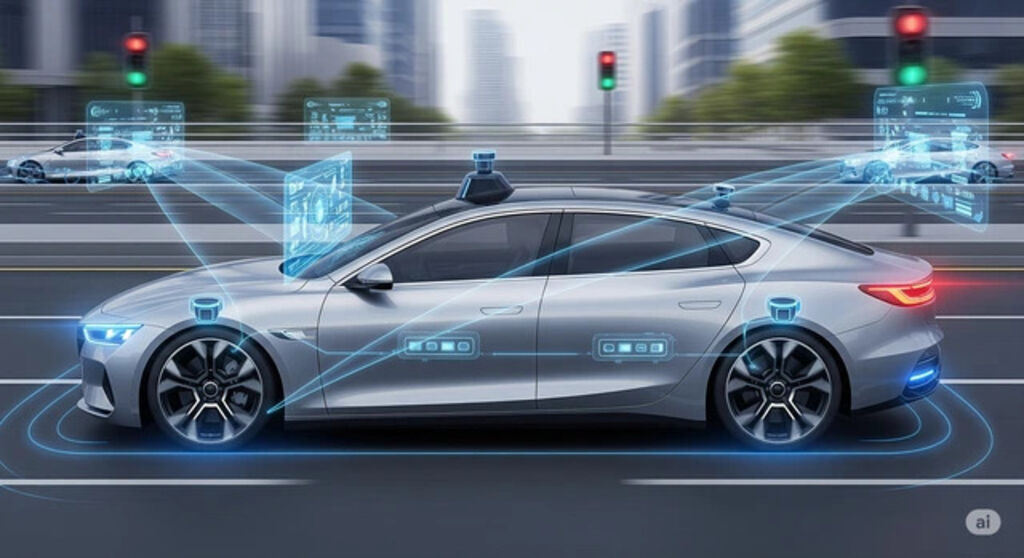 |
| The Ministry of Public Security said fully autonomous motor vehicles are not suitable for operation in Vietnam’s road conditions__Photo thanhnien.vn |
The Ministry of Public Security (MoPS) has proposed fully autonomous motor vehicles should be restricted and require operational permits.
The proposal was made following discussion on the amendments on the Law on Road Traffic Safety and Order which took effect on January 1, 2025.
The MoPS has proposed amending existing regulations concerning smart cars capable of fully automating the driving process, route selection and handling situations in road traffic.
According to current law, smart vehicles are defined as motor vehicles capable of partial or full automation in controlling the vehicle, determining the route, and handling situations while participating in road traffic.
According to classification, smart vehicles are categorized into five levels.
Levels 1 to 3 refer to vehicles with partial automation in control, routing and situational handling.
Levels 4 and 5 refer to vehicles with full automation in these functions.
Currently, many mid- to high-end passenger cars imported, manufactured, or assembled in Vietnam feature driver-assistance functions at Level 1 and approaching Level 2.
Under the current law, these vehicles are classified as smart vehicles and must be licensed for operation, unlike conventional motor vehicles.
According to the ministry, based on current road usage, Level 1 to Level 3 vehicles are deemed suitable for Vietnam’s traffic conditions and do not necessarily require restrictions or special permits.
Features such as lane keeping, distance maintenance, emergency braking, lane change warnings or automatic parking are designed to reduce driver fatigue, ensure safety distances, and help respond quickly to unexpected hazards.
These functions are activated at the driver’s discretion.
However, for Level 4 and Level 5 vehicles (fully autonomous), global trials are still limited.
In China, pilot programs for driverless taxis are underway in Wuhan, Chongqing, Beijing and Shanghai, but they are still under safety and reliability evaluation and not yet ready for mass deployment.
In developed countries such as the US and EU, fully autonomous vehicles are also still in the testing phase and typically require a driver or supervisor to be present in the vehicle.__(VNS/VLLF)









